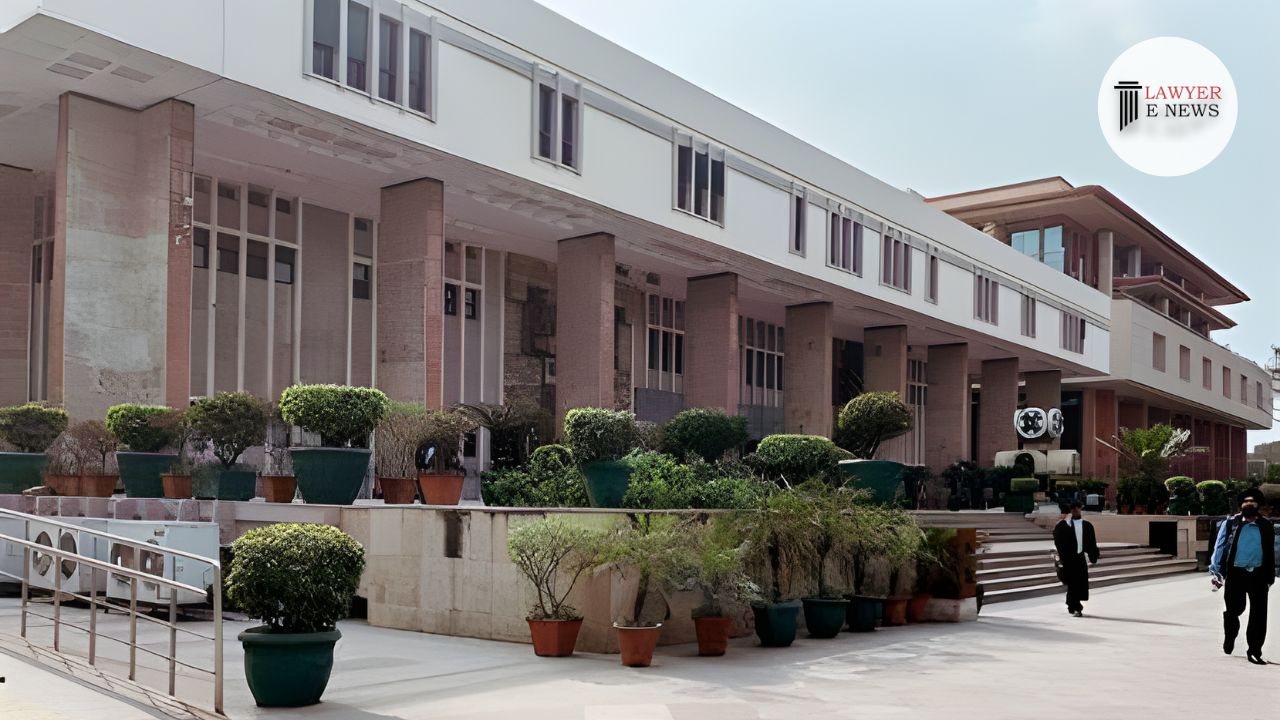-
by Admin
15 February 2026 5:35 AM



The Delhi High Court has upheld the validity of the Railway Board’s 2017 Commercial Circular, rejecting petitions challenging clauses related to the non-renewal of licenses for multipurpose stalls at railway stations. Justice Sachin Datta emphasized that the policy was legally sound, non-arbitrary, and in line with public interest, ensuring fair competition and opportunities for eligible participants.
Maintainability:
The court held that it had jurisdiction to entertain the petitions, noting that the Railway Board’s policy was framed in Delhi and involved the Northern Railway headquartered in Delhi. The court also recognized the broader implications of the policy affecting multiple jurisdictions.
Renewal of Licenses:
Justice Sachin Datta found that Clause 5 and Clause 11 of the 2017 Policy, which state that licenses for multipurpose stalls (MPS) are non-renewable and require re-tendering after a five-year term, were not arbitrary or unconstitutional. The court observed, “The petitioners have no right to compel the respondents to extend the license,” underscoring that the policy provided a fair opportunity for all eligible participants to bid.
Credibility of the Policy:
The court rejected the petitioners’ claims of coercion and economic duress in converting their stalls to MPS. Justice Datta highlighted that the petitioners had voluntarily agreed to the conversion and benefited from the extended tenure under the new policy. “The petitioners cannot feign ignorance of the policy’s terms, having enjoyed its benefits,” he remarked.
Force Majeure and COVID-19 Extension:
Addressing the petitioners’ plea for a further extension of licenses due to COVID-19 disruptions, the court found the 68-day extension granted by the Railway Board to be reasonable and based on ground realities. “The determination of the dies non period by the respective zonal/divisional railways cannot be deemed arbitrary,” noted the judgment.
The judgment emphasized that the non-renewal clause was intended to prevent monopolization and ensure equitable access to opportunities. The court referred to various precedents, including South Central Railways v. S.C.R. Caterers, Dry Fruits, Fruit Juice Stalls Welfare Assn., to underline the principle that policies must balance public interest with the rights of individuals.
Justice Datta stated, “Accepting the petitioners’ contention would imply granting them a permanent, indefeasible right to seek extension/renewal of their licenses indefinitely, which is contrary to public interest and constitutional principles.”
Decision: The court’s decision reaffirms the legal framework governing commercial operations at railway stations, emphasizing the importance of fair competition and public interest. By upholding the 2017 Policy, the judgment sends a clear message about the necessity of adhering to contractual terms and policies designed to ensure equal opportunities. The petitioners were granted three months to vacate their stalls, providing them time to transition to alternative arrangements.
Date of Decision: 29th May 2024
Urmila Devi & Ors. Vs. Union of India & Ors.
